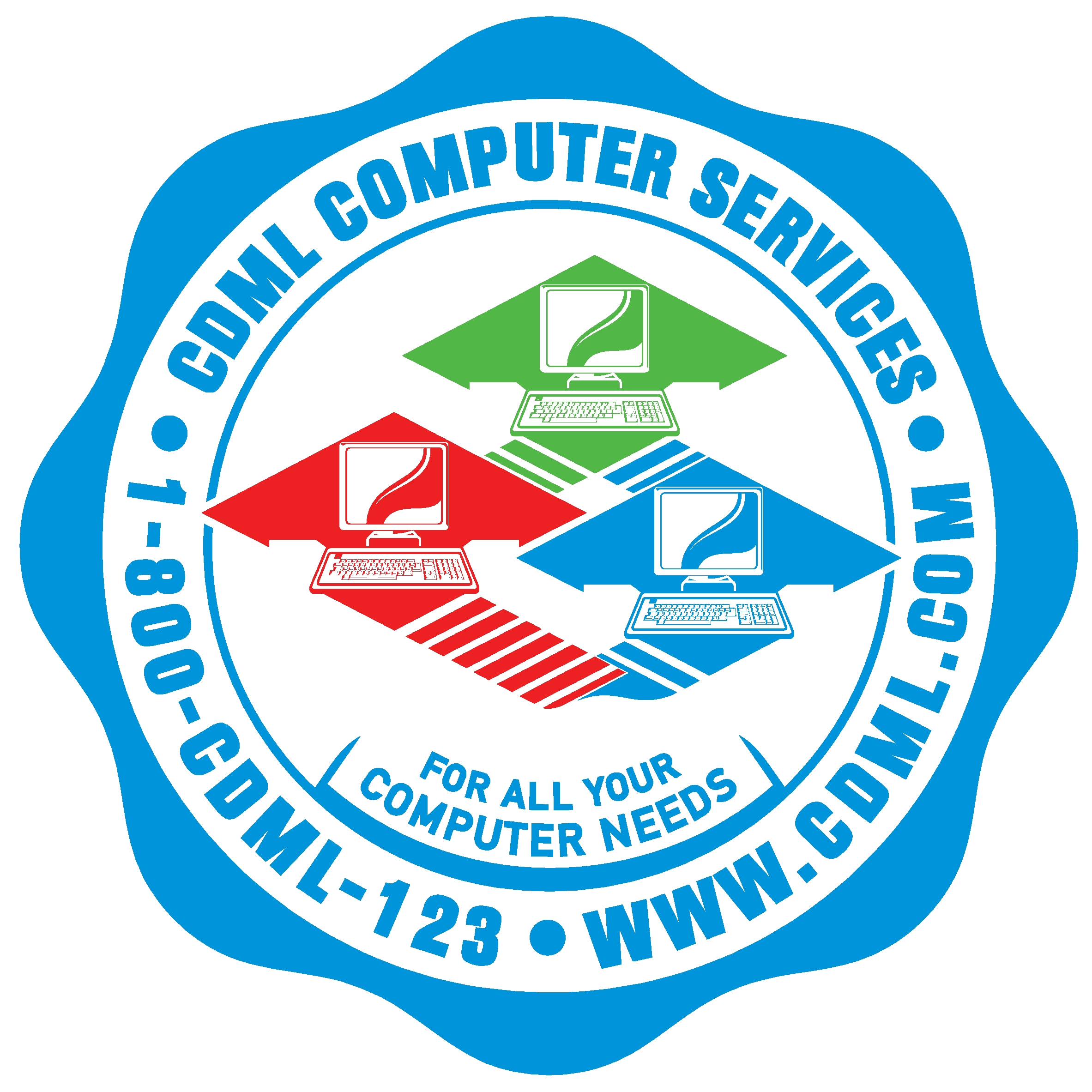The Critical Importance of Implementing DMARC for Email Security

In today’s digital landscape, email remains a primary communication channel for businesses, individuals, and political campaigns. However, with the rise of phishing attacks and email spoofing, securing email communications has become more critical than ever. DMARC (Domain-based Message Authentication, Reporting, and Conformance) is a powerful solution to combat email-based threats and protect organizations from attacks.
What is DMARC?
DMARC is an email authentication protocol that builds upon existing technologies like SPF (Sender Policy Framework) and DKIM (DomainKeys Identified Mail). It allows domain owners to specify how email receivers should handle unauthenticated messages, providing an additional layer of protection against email spoofing and phishing.
The Alarming State of Email Security in US Political Campaigns
A recent study by Red Sift revealed that nearly 75% of US Senate campaign websites lack DMARC protection, leaving them vulnerable to cyberattacks. Given the sensitive nature of communications—such as interactions with voters, donors, and staff—this oversight is alarming.
Key implications of this security gap include:
- Compromised Voter Information: Without DMARC, voter data is at risk of being stolen or manipulated.
- Exposed Donor Data: Financial information of campaign supporters could be compromised.
- Leaked Strategies: Internal campaign strategies may fall into the wrong hands.
- Erosion of Public Trust: In an era where election integrity is under scrutiny, vulnerabilities like these can diminish public confidence in the process.
The Benefits of Implementing DMARC
- Enhanced Email Security
DMARC significantly reduces the risk of domain-based phishing attacks. It ensures only authorized senders can use your domain, making it much harder for attackers to impersonate your organization. - Improved Email Deliverability
Email providers are more likely to trust your messages when your domain has a strong DMARC policy, reducing the chances of emails being marked as spam. - Protection of Brand Reputation
Email spoofing can damage your brand’s credibility. DMARC prevents unauthorized use of your domain, safeguarding your integrity with customers, partners, and stakeholders. - Valuable Insights Through Reporting
DMARC provides detailed reports on email authentication, giving you visibility into who is sending emails on behalf of your domain and helping to identify potential security issues. - Compliance with Security Standards
DMARC is increasingly becoming an industry standard. Implementing it can help your organization stay compliant with evolving email security regulations.
Maximizing DMARC Benefits Through Enforcement
Setting up DMARC is an important first step, but its true value comes with enforcement. DMARC offers three policy options:
- p=none: Monitoring mode with no enforcement
- p=quarantine: Suspicious emails are sent to the spam folder
- p=reject: Unauthenticated emails are blocked entirely
To fully benefit from DMARC, organizations should aim for enforcement (p=quarantine or p=reject). Without enforcement, DMARC is like a security guard who checks IDs but lets everyone in, regardless of the results.
How CDML and Microsoft 365 Can Help
Implementing DMARC effectively requires not just technical expertise but ongoing management and support. CDML Computer Services, as a trusted Managed Service Provider (MSP), specializes in guiding businesses through email security measures like DMARC, ensuring your domain and communications are protected from phishing attacks and spoofing.
Microsoft 365 provides a robust platform with built-in tools to streamline DMARC, SPF, and DKIM setup. With Microsoft Defender for Office 365, you get advanced threat protection features, including real-time phishing and malware detection, that work in conjunction with DMARC to enhance your email security.
At CDML, we offer tailored services to help you:
- Configure SPF, DKIM, and DMARC for your Microsoft 365 environment, ensuring all policies are properly set and enforced.
- Monitor and manage your email authentication setup, providing you with detailed reports and proactive threat analysis.
- Stay compliant with industry standards and regulations by keeping your security measures up to date.
- Educate your team on spotting phishing attempts through employee security training.
By combining CDML’s expertise with Microsoft 365’s tools, your organization can proactively safeguard its email communications and domain from cyber threats.
Steps to Implement DMARC
- Assess Your Current Authentication: Ensure SPF and DKIM are correctly set up.
- Create a DMARC Record: Start with a “p=none” policy to monitor without affecting email delivery.
- Analyze DMARC Reports: Use data to identify legitimate senders and potential issues.
- Increase Enforcement Gradually: Move to “p=quarantine” and eventually “p=reject” as you gain confidence in your setup.
- Continuously Monitor and Adjust: Email ecosystems change, so ongoing management is crucial.
Conclusion
As email-based threats evolve, implementing DMARC is no longer optional—it’s a necessity. Whether you’re running a business or a political campaign, DMARC plays a critical role in protecting your entity from email-based attacks. Don’t wait for a breach to realize its importance—start your DMARC implementation today and ensure the safety and integrity of your digital communications. With CDML and Microsoft 365 at your side, you’ll have the expertise and tools needed to stay secure.

